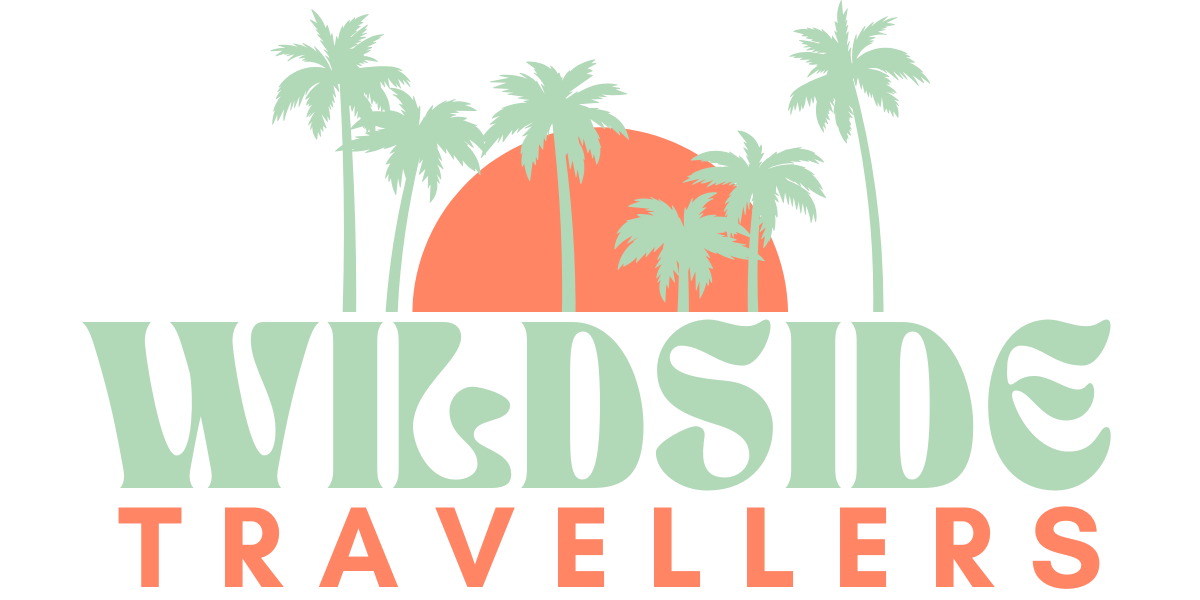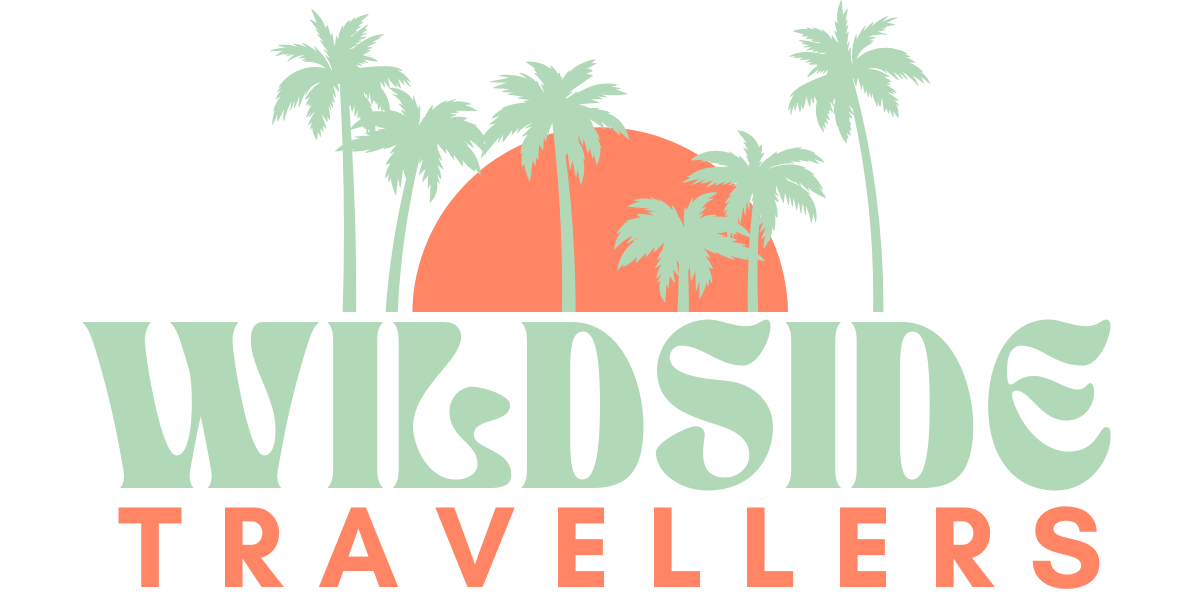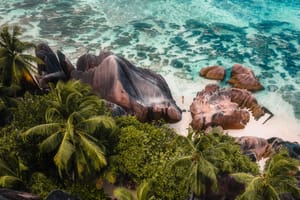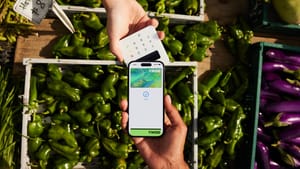Disclosure: This post may contain affiliate links, which means we may receive a commission if you click a link and purchase something that we have recommended. While clicking these links won't cost you anything, they will help us keep this site running and free for everyone.
Planning a trip to New Zealand? Before we set off on our own adventure to New Zealand we had so many questions, from the best time to visit to what we'd need to pack and how much it might cost.
In this guide, we'll cover everything you need to know before visiting New Zealand, including money, transport, packing and useful information - so you can plan your trip with confidence and be prepared to visit New Zealand for the first time.
When is the Best Time to Visit New Zealand?
The best time to visit New Zealand depends entirely on what you want to do, whether that's a road trip, hiking, skiing or exploring in the low season.
Because it’s in the Southern Hemisphere, the seasons are opposite to Europe and North America - summer runs from December to February and winter from June to August.

We've visited New Zealand in all seasons apart from spring and can honestly say each season has been great.
We'd recommend spring and autumn for road-trips, hiking and exploring, and winter for skiing and beautiful snowy landscapes. Summer is great too, but campsites and attractions can get busy.
The weather in New Zealand can vary a lot depending on where you are, but expect warmer weather in the North Island and cooler in the South.

We’ve spent most of our time exploring the South Island. Down south, around Queenstown and Wanaka, you’ll often see snow in winter, while the northern parts of the island can stay relatively sunny and pleasant, even during the colder months.
- Summer (Dec-Feb): Warm and sunny, perfect for hiking, road-trips and beaches - it's also the busiest season, so campsites, attractions and hikes are busier.
- Autumn (Mar-May): Mild weather, golden landscapes and fewer crowds as it's the shoulder season. Perfect for hiking and photography, especially in the South Island.
- Winter (Jun-Aug): The best time for snow sports like skiing in Queenstown or Wanaka, or soaking in hot springs. Roads can be icy in south regions, but prices are lower and it’s a quieter time to travel.
- Spring (Sep-Nov): An in-between season when flowers bloom and the weather starts to warm up again. Perfect for outdoor adventures without the summer crowds.
What Currency Is Used in New Zealand and Can I Pay by Card?
The currency used in New Zealand is the New Zealand Dollar (NZD) and cards are accepted everywhere, so you won't need to carry much cash.
We'd recommend carrying a small amount of cash if you're travelling in a campervan - you will need coins for showers, washing machines and dryers!
You'll find ATMs widely available if you do need to withdraw money. We highly recommend using a travel card that doesn't charge for foreign transaction fees.
With a Wise travel card you get the real exchange rate (without hidden fees or crazy markups) so you can spend in over 40 currencies from one place.
Is New Zealand Expensive to Travel?
Yes, New Zealand can be a little pricey to explore, but the cost really depends on your travel style - it's entirely possible to travel New Zealand on a budget.

Accommodation, campervan hire and activities (like glacier hikes, scenic flights, or Milford Sound cruises) are where costs can add up quickly. However, many of New Zealand’s best experiences (hiking trails, beaches, lakes and scenic drives) are completely free.
Here’s a rough idea of what you might spend per day:
- Budget travellers: $70-$120 NZD (hostels, self-catering, basic transport)
- Mid-range travellers: $150-$250 NZD (motels, cafés, car hire, paid activities)
- Luxury travellers: $300+ NZD (hotels, fine dining, tours, paid activities)
To save money, I'd recommend cooking your own meals, travelling by campervan, and booking activities in advance. Visiting outside of peak season (December to February) can also make a huge difference in cost.
What Type of Plug Does New Zealand Use?
New Zealand uses Type I plugs, the same as in Australia and parts of the Pacific, which has three flat pins in a triangular shape.
We always carry a universal travel adapter that includes multiple plug types and USB ports, so it can be used all over the world - which we highly recommend!
👉 Tip: If you’re planning a road trip, bring a multi-USB adapter or car charger, as outlets can be limited in campervans or older accommodations.
What Language do they speak in New Zealand? Do People Speak English?
English is the main language spoken throughout New Zealand, but you'll also see and hear te reo Māori, the language of the Indigenous Māori people, which is an official language alongside English.
Many place names, landmarks and greetings come from Māori - for example, Aotearoa (the Māori name for New Zealand), Kia ora (hello/thanks), and Aoraki / Mt Cook (place names).
How Safe Is New Zealand for Travellers?
New Zealand is known to be one of the safest countries in the world to visit. Crime rates are low, locals are welcoming and it’s generally very safe to travel whether you’re in a city, small town or out exploring nature.
We've always felt extremely safe throughout New Zealand and have never encountered any issues!

That said, most risks in New Zealand come from the outdoors rather than people. The weather can change quickly, especially in the mountains, so always check forecasts before hiking and carry proper gear.
Roads can also be narrow, winding and unfamiliar if you’re used to driving on the right-hand side, so always be careful when driving.
Common-sense safety tips always apply: lock your car when parking in remote areas, don’t leave valuables visible and follow local advice for outdoor adventures.
Is Tipping Expected in New Zealand?
Tipping isn’t a big part of New Zealand culture, so it’s not expected but always appreciated. All workers are paid fair wages, so tips are considered a gesture of thanks rather than an obligation.

In restaurants and cafés, it’s common to round up the bill or leave 5-10% if you’ve had particularly good service. In casual places like coffee shops, you might see a tip jar at the counter, but it’s completely optional. For taxis, tours, and other services, tipping is up to you!
Do I Need to Rent a Car or Campervan?
In our opinion, if you want to experience the best of New Zealand, renting a car or campervan is absolutely worth it. The country is made for road trips, with dramatic mountain passes, coastal drives and scenic routes connecting nearly every major attraction.

A car gives you the freedom to travel at your own pace, stop for viewpoints and explore smaller towns and national parks that buses often skip.

It's not absolutely necessary to hire a vehicle, you can still explore the country using coaches or group tours - but we definitely prefer to have our own vehicle for the freedom.
Can You Get Around Without a Car?
Yes, you can travel around New Zealand without a car, but it requires a bit more planning. Big cities like Auckland, Wellington and Christchurch have reliable public transport and there are buses that connect most towns across both islands.
If you’re travelling solo or on a budget, you can join hop-on-hop-off buses like Kiwi Experience, which offers a more affordable and social way to travel.

There are also domestic flights between major destinations (Auckland to Queenstown, Christchurch to Wellington, etc.), which can save time if you’re short on days.
Trains are fairly limited but very scenic, the TranzAlpine route from Christchurch to Greymouth is said to be one of the most beautiful in the world!
That said, public transport doesn’t reach many rural or national park areas, so if you want to explore beyond the main towns, renting a car or joining day tours will make your trip much easier.
What Should I Pack for New Zealand?
Packing for New Zealand really depends on the season and the type of trip you’re planning, but I'd recommend being prepared for all weather conditions, as it can go from sunny to rainy in a matter of minutes.

Bring layered clothing, a waterproof jacket and comfortable walking shoes or hiking boots if you plan to do any walks. A torch is useful for campsites or early morning hikes, and reusable water bottles are a must since tap water is safe everywhere.
You’ll also want a universal travel adapter and I'd always recommend packing a portable charger.
I'd also suggest buying an eSIM before you even land in the country, so you're prepared and have data ready to use - we always use Airalo!
Can You Drink Tap Water in New Zealand?
Yes, tap water in New Zealand is safe to drink almost everywhere. The country’s water quality is excellent, especially in cities and towns where it’s treated and regularly tested.
In some very remote or rural areas, particularly if you’re camping or filling up from natural sources, it’s best to check for local signs or boil water first, but that’s the exception rather than the rule.
Carrying a reusable water bottles is a great idea, as there are plenty of refill stations and it helps cut down on plastic waste.
👉 Tip: Apps like CamperMate can help you find nearby refill points if you’re on a road trip or hiking.
How Long Do You Need to Travel Around New Zealand?
The time you need depends on how much you want to explore and whether you want to visit both islands or just one.

If you're visiting one island, I'd recommend planning for at least 10-14 days to fully explore the highlights.
However, if you only have a week, it's best to focus on one region rather than trying to see everything. You can see some different week-long itineraries in our one week road-trip guide.

To explore both islands, we'd recommend at least 3-4 weeks. That allows time to drive, take the Interislander ferry and enjoy the variety of landscapes around both the North and the South Island.
👋 We hope that you found this guide helpful! Before you go - don't forget to read our other New Zealand travel guides for more tips, suggestions & advice.
























